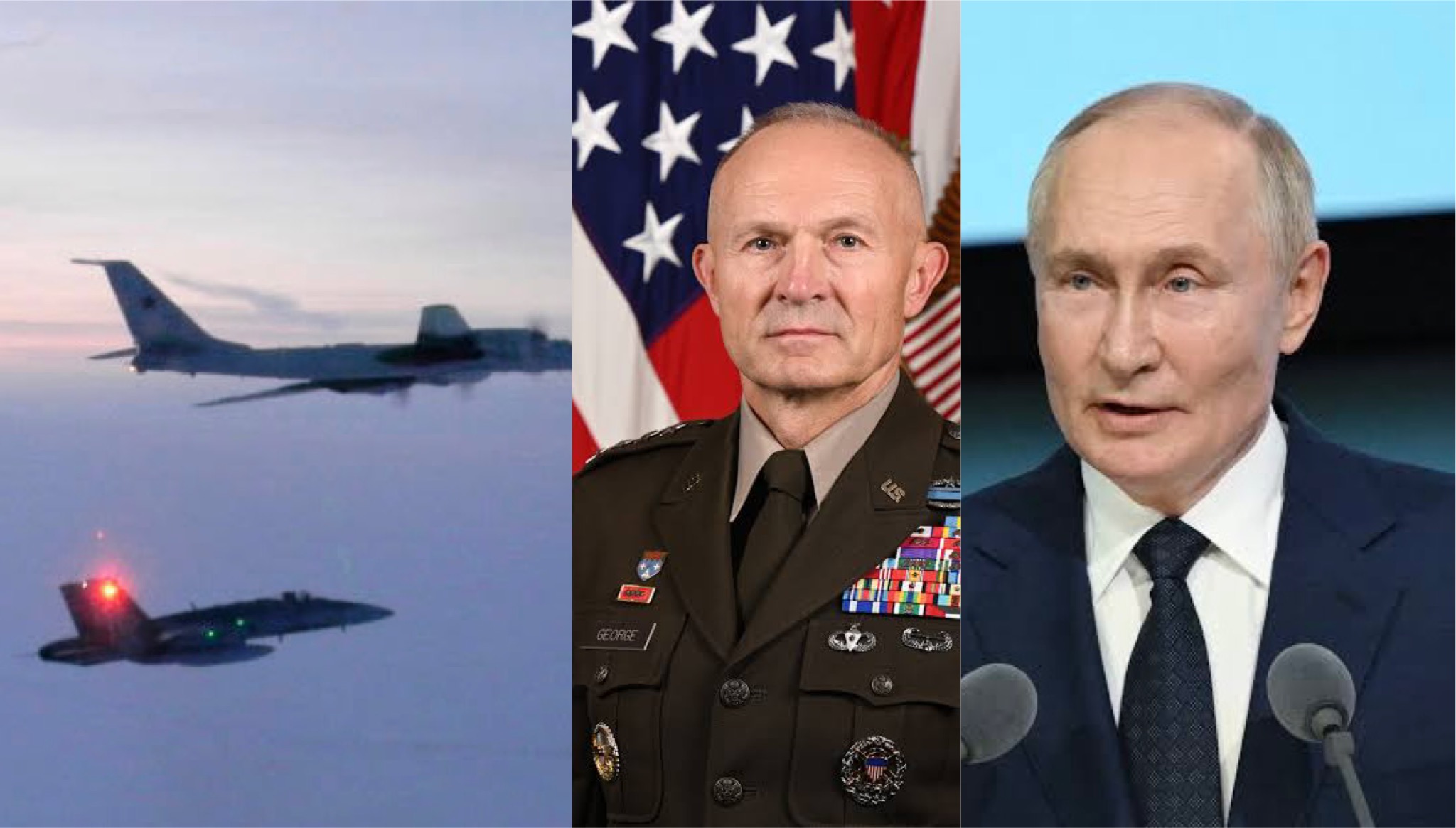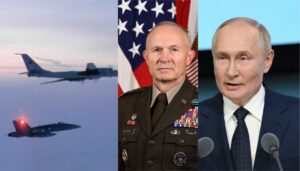NEWS
The U.S. military Confirmed Two Russian military aircraft were “detected and tracked” on Friday in the Alaska Air Defense Identification Zone, marking the second detection of the week

U.S. Military Detects and Tracks Russian Aircraft in Alaska Air Defense Identification Zone
In a statement released on Friday, the U.S. military confirmed that two Russian military aircraft were detected and tracked in the Alaska Air Defense Identification Zone (ADIZ). This marks the second time this week that Russian aircraft have been detected in the area.
The aircraft, which were identified as Russian military planes, remained in international airspace and did not enter American or Canadian sovereign airspace. However, their presence in the ADIZ prompted a response from the North American Aerospace Defense Command (NORAD), which is responsible for detecting and tracking aircraft in the region.

NORAD employs a layered defense network of satellites, ground-based and airborne radars, and fighter aircraft to detect and track aircraft and inform appropriate actions. The organization remains ready to employ a number of response options in defense of North America.
The detection and tracking of Russian aircraft in the Alaska ADIZ is not uncommon, and NORAD has reported several similar incidents in recent months. However, the frequency and proximity of these incidents have raised concerns about the intentions of Russian military aircraft in the region.
The U.S. military has not commented on the specific details of the incident, but officials have emphasized that the detection and tracking of Russian aircraft in the ADIZ is a routine part of NORAD’s operations.
The incident has sparked a renewed focus on the importance of air defense and the need for continued vigilance in the face of potential threats. The U.S. military has reaffirmed its commitment to defending North America and maintaining the security of the region.
This latest incident serves as a reminder of the ongoing tensions between the U.S. and Russia, and the need for continued diplomacy and dialogue to address these issues.”












